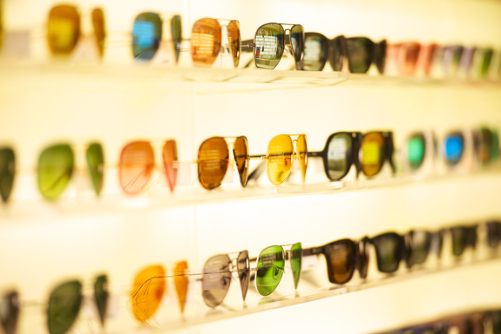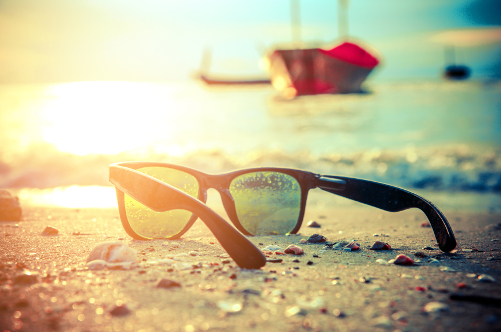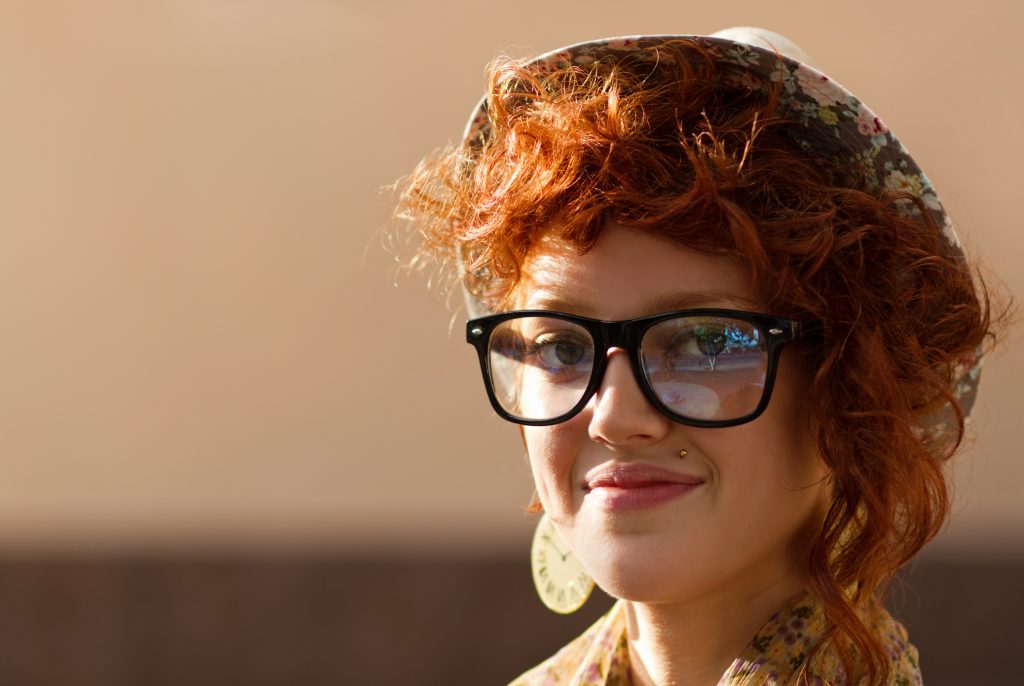7 Eye-protecting Sunglasses Buying Tips
-

The summer sun is upon us which means it’s time to load on the sunscreen and grab your favorite pair of sunglasses before heading outside. You’re probably well aware that ultraviolet (UV) radiation puts people at serious risk of skin cancer, but you might not be as familiar with the many effects that UV exposure can have on the eyes.
High-SPF sunscreen might help protect you against skin cancer, but it can do nothing to prevent UV-related eye conditions like eyelid cancer, cataracts and other growths on the eye (like pterygium). The best form of protection against these issues is a quality pair of sunglasses.
With so many different types of sunglasses to choose from — especially for the fashion conscious among us — it can be helpful to underscore what’s most important when it comes to buying a pair. Here are seven tips for buying sunglasses to best protect the eyes:
-
1. UV Protection

The American Academy of Ophthalmology (AAO) recommends buying sunglasses that are at least 99 percent UV absorbent. We wear high SPF sunscreens to protect ourselves from sunburns, so it stands to reason that we should wear sunglasses that afford the eyes similarly high levels of protection. Most high-quality sunglasses boast 100 percent UV protection.
There are three types of UV rays: UVA, UVB and UVC. UVA and UVB rays are the ones that can damage the skin and eyes. (UVC rays don’t get through the earth’s atmosphere.) UVA rays can damage the skin and are given off in large amounts through tanning beds, whereas higher energy UVB rays are the primary cause of sunburns and skin cancers.
Keep in mind that UV rays are a factor every day, not just on bright, summer days. Don’t let those cloudy skies fool you into thinking you can do without sunscreen or sunglasses. Harmful UV radiation can penetrate clouds and cause just as much damage.
-
2. Fit Is It

It’s important that you buy a pair of sunglasses that fit right. This might seem rather obvious, but it’s not uncommon for people to opt for style more than fit. That is to say that if a pair of sunglasses look really cool, a person might sacrifice comfort or fit to make them work. And fit is more than comfort. If your sunglasses don’t fit correctly, it could leave gaps through which UV rays can affect your eyes.
-
3. Polarized Lenses

The primary benefit of polarized lenses is that they help cut glare to make your vision clearer and more comfortable when wearing sunglasses. But the added benefit of polarized lenses is that they all offer 100 percent UV protection. This is not a direct result of the polarization; rather it’s reflective of the quality of the sunglasses.
-
4. Honk for Gradient Lenses

If you spend a lot of time driving, then gradient lenses might be the right sunglasses option for you. Gradient lenses offer greater shade protection at the top of the lens and lighter shade protection on the bottom. This makes them a great choice for driving because they help block the UV rays from the sun above without dimming your view of the dashboard or road in front of you.
However, gradient lenses are not such a great option for everyday sunglasses because they don’t offer the same sort of protection top to bottom. If your job requires you to spend a lot of time behind the wheel, owning a pair of gradient lenses to keep in the car makes perfect sense. But make sure you’ve got another pair of sunglasses to throw on when you step out of the car where the UV can hit you from all angles.
-
5. Don’t Forget the Kids

Kids spend far more time outdoors than most adults, yet oftentimes parents don’t make sure they’re wearing sunglasses. It is estimated that so much time is spent outdoors when we’re young that up to half of the UV exposure you’ll get in your lifetime is experienced before the age of 18. For this reason it’s important to consider your children the next time you go shopping for a new pair of sunglasses.
Some parents are conscious of protecting their children’s eyes, but the cheap sunglasses they buy might not offer more than 40 percent UV protection. This is of course better than nothing, but given the amount of UV exposure children get, it’s important that they too have a pair of sunglasses protecting them 100 percent.
-
6. Skiing is Snow Joke

If you’re someone that likes to spend as much time on the slopes as possible during the ski season, it’s important that you make sure you’ve got the right sort of eye protection. You can be exposed to UV radiation any time during the year regardless of the conditions. And on those great sunny ski days, you’re even more at risk of damage to the eyes because you get the UV not only from the sun, but also reflected off from the snow. Snow reflection can be extremely damaging to the eyes, potentially causing “snow blindness.”
Make sure that you’ve got a high-quality pair of ski goggles that provide the same sort of protection as your everyday sunglasses. This means 100 percent UV radiation and mirrored coatings to help limit the amount of sunlight penetration. (And don’t forget to wear your sunglasses for that après-ski drink.)
High-quality ski goggles aren’t cheap, but you can’t really put a price on your vision. Shop around off-season to find the best deals, or consider renting goggles if you don’t hit the slopes all that often.
-
7. Photochromic Lenses Are Good…Right?

Yes, with a “but.” Photochromic lenses are very convenient for people that wear prescription glasses because they automatically transition the darkness of the lens based on the UV light. Indoors they will appear more or less like regular glasses, but outdoors on a sunny day, the lenses transition to help protect the eyes.
For glasses wearers who have problems remembering to take their sunglasses with them when they head out, photochromic lenses can offer a greater degree of protection from the sun. The problem is that photochromic lenses take time to transition (approximately five minutes in most cases). This means that when you head outdoors, your eyes are exposed for a certain amount of time.


